CyGamBIT, an innovative game-based learning platform developed by Bournemouth University and Cyber Innovations Ltd., was showcased at the International Cyber Expo 2024 (ICE24), held on the 24th and 25th of September at Olympia, London.
 CyGamBIT is designed to address the cybersecurity skills gap, particularly in SMEs, charities, and educational institutions, and forms part of the pre-spin-out phase of Cyber Innovations Ltd., which is closely linked with BU’s Department of Computing and Informatics.
CyGamBIT is designed to address the cybersecurity skills gap, particularly in SMEs, charities, and educational institutions, and forms part of the pre-spin-out phase of Cyber Innovations Ltd., which is closely linked with BU’s Department of Computing and Informatics.
On day one, Professor Vasilis Katos and Emily Rosenorn-Lanng represented CyGamBIT at the Department for Science, Innovation and Technology (DSIT) Pavilion, engaging attendees with the platform’s potential to transform cybersecurity education. Vasilis also took the stage at the Tech Hub, where he presented Cyber Innovations Ltd.’s mission to redefine the future of cybersecurity education.
His talk highlighted how CyGamBIT’s interactive, game-based learning tools are making cyber resilience training more accessible, especially for non-technical staff in organisations. This approach resonated with many, opening up discussions around new possibilities for collaboration.
On day two, the baton was passed to Lesley Hutchins and Dr. Jane Henriksen-Bulmer, who represented CyGamBIT and Bournemouth University. with equal enthusiasm, continuing conversations about how CyGamBIT can empower school kids and adult age groups to manage cyber threats more effectively.
The team engaged with a variety of industry professionals, academics, and students, gathering connections and valuable insights into future partnerships and potential improvements to the platform.
 Throughout the event, Innovate UK and the CyberASAP programme were central to the conversation. CyberASAP has played a pivotal role in accelerating CyGamBIT’s development, providing vital support in bringing the project closer to market. Innovate UK’s commitment to fostering innovative solutions has been instrumental in helping Cyber Innovations Ltd. progress from concept to implementation, ensuring the platform’s future in the cybersecurity education landscape.
Throughout the event, Innovate UK and the CyberASAP programme were central to the conversation. CyberASAP has played a pivotal role in accelerating CyGamBIT’s development, providing vital support in bringing the project closer to market. Innovate UK’s commitment to fostering innovative solutions has been instrumental in helping Cyber Innovations Ltd. progress from concept to implementation, ensuring the platform’s future in the cybersecurity education landscape.
As part of Cyber Innovations Ltd.’s broader mission, CyGamBIT is not only shaping the cybersecurity space but also contributing to wider community engagement.
We are excited to continue these efforts at the upcoming ESRC Festival of Social Science in November, where we will be hosting a Cybersecurity Family Fun Day. This event will further demonstrate how interactive learning can empower families to engage with cybersecurity in an accessible and meaningful way.
We are grateful to DSIT, CyberASAP, and Innovate UK for the opportunity to showcase our innovations at ICE24 and look forward to continuing these valuable conversations in the future.
For more information on CyGamBIT and Cyber Innovations Ltd., visit www.cygambit.com.
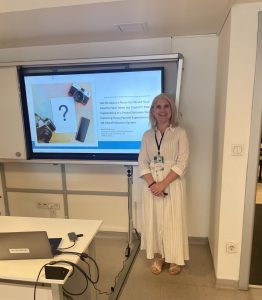
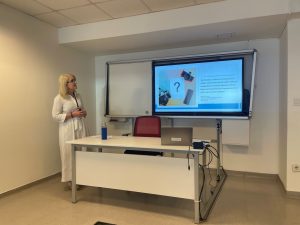
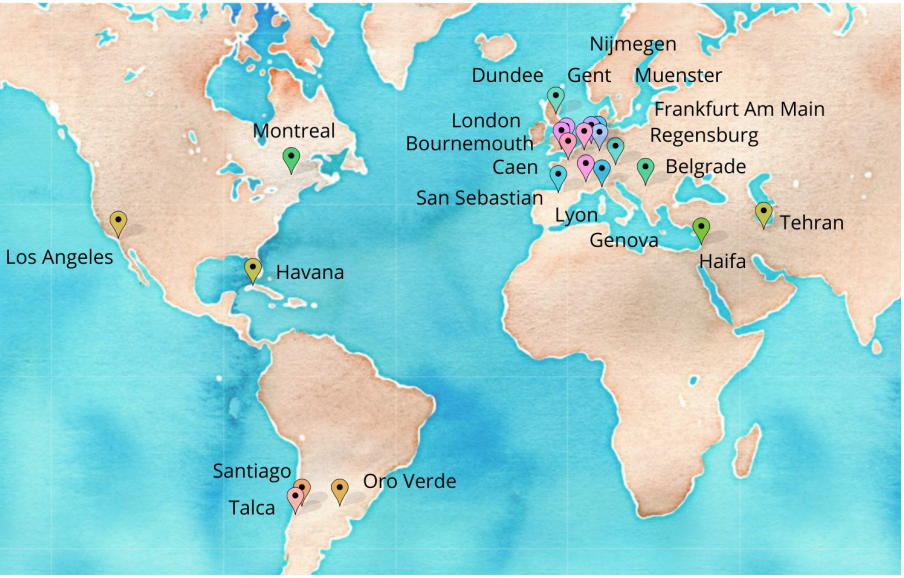


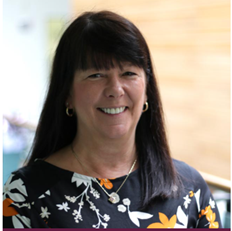
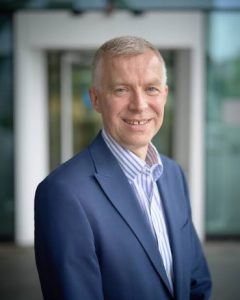






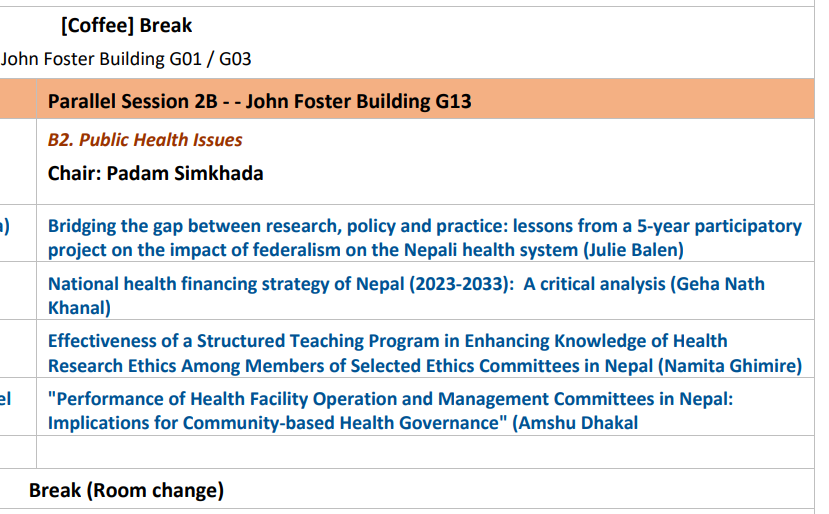

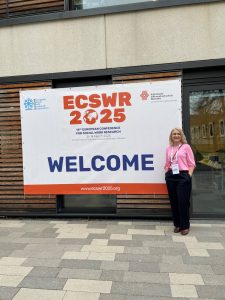
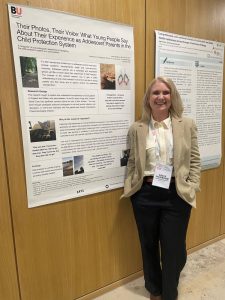
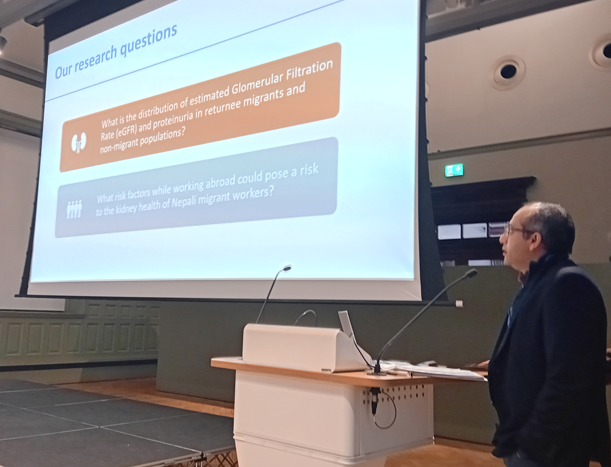
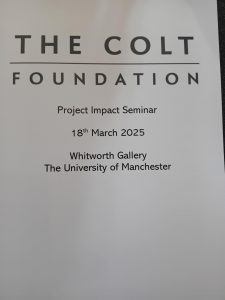
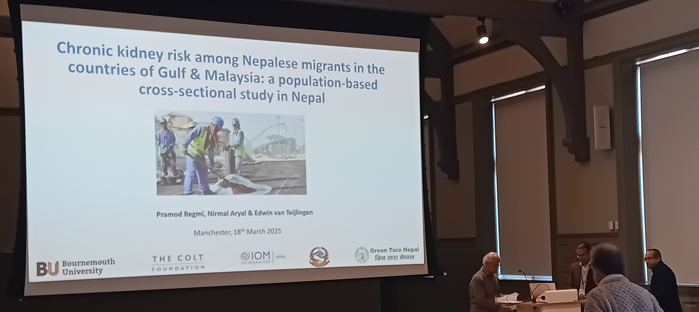


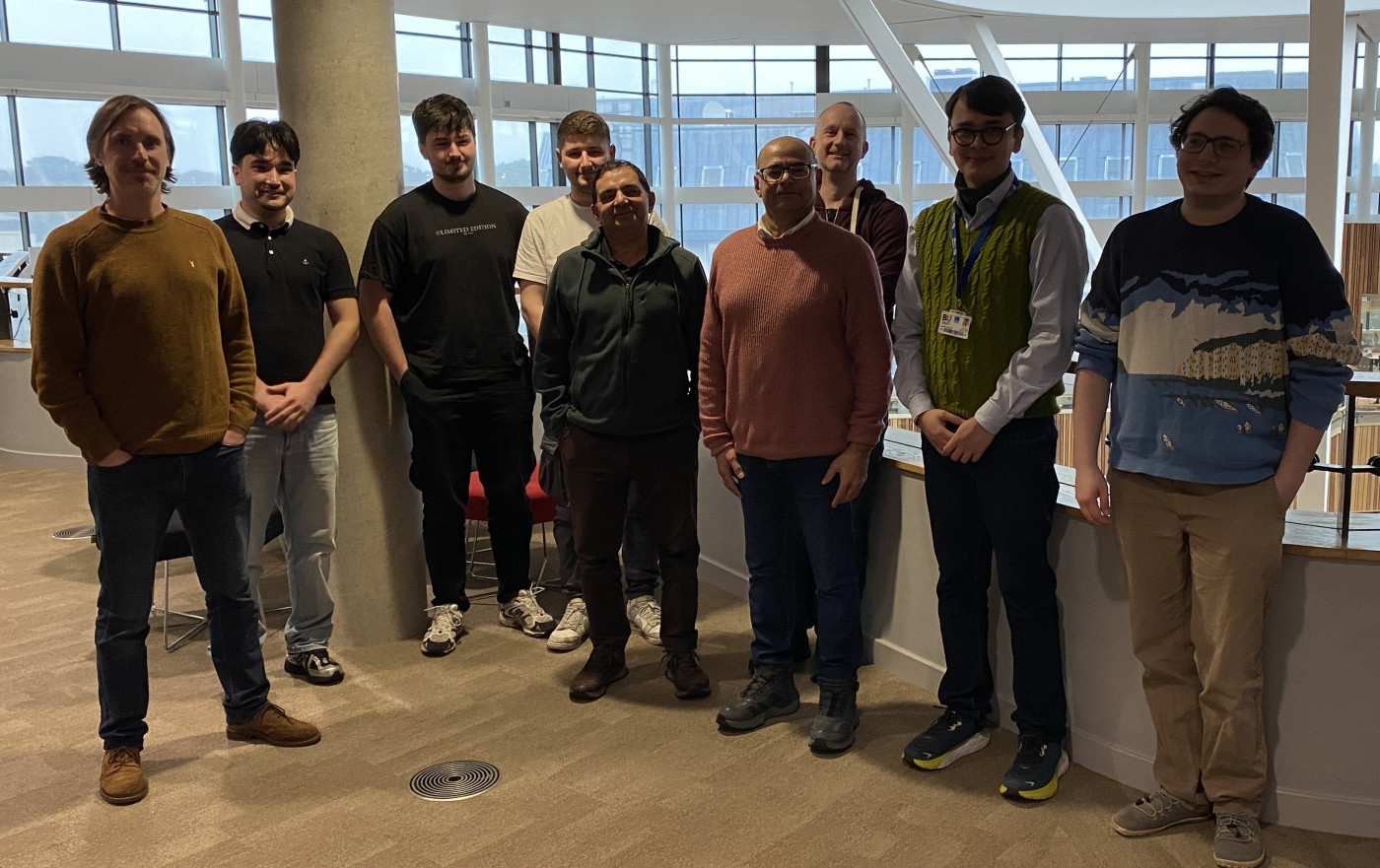
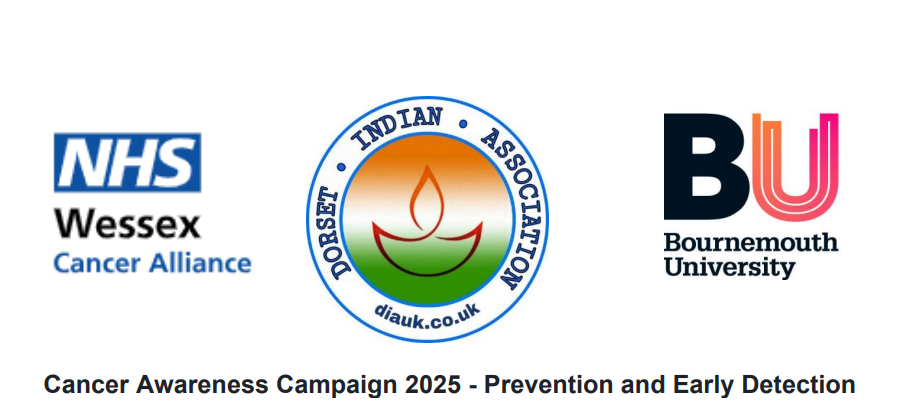
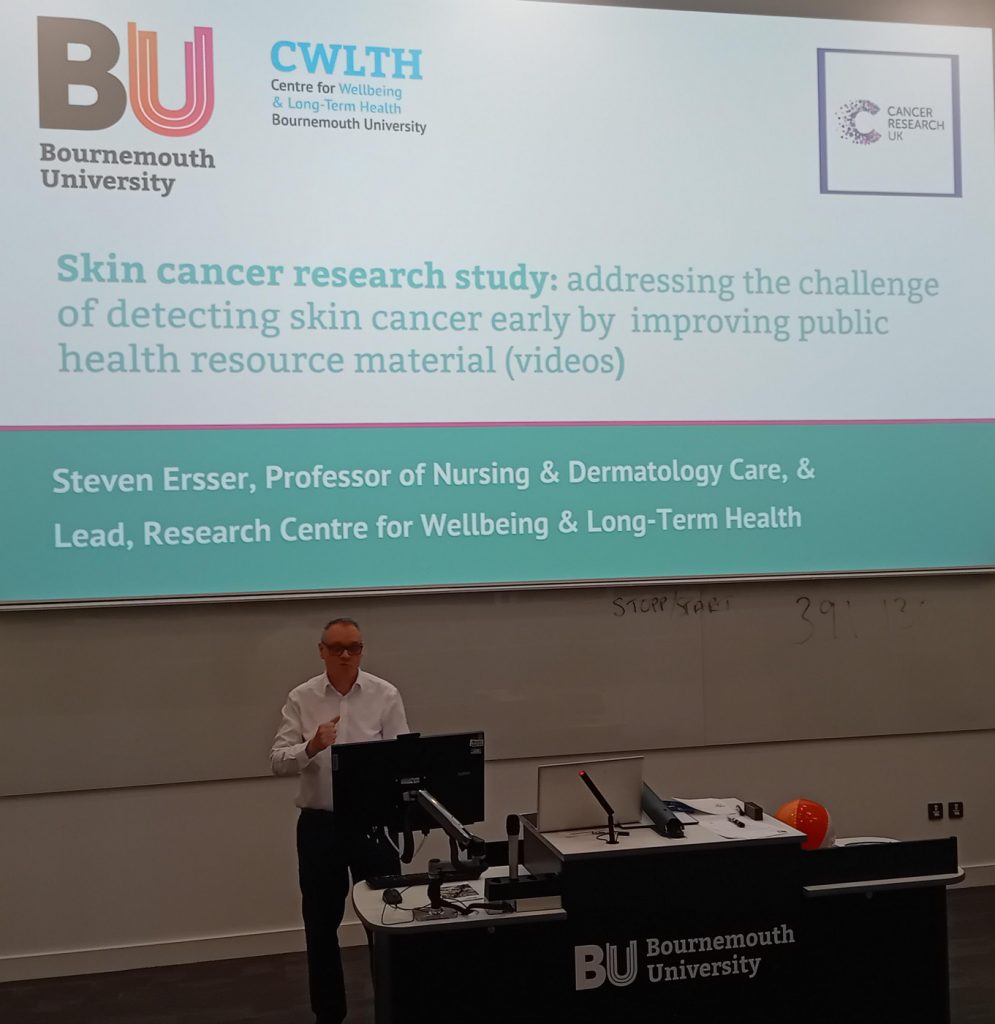
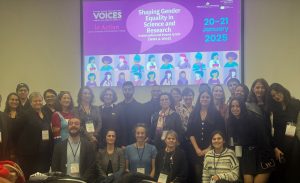
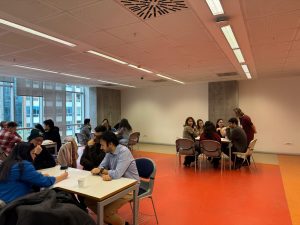
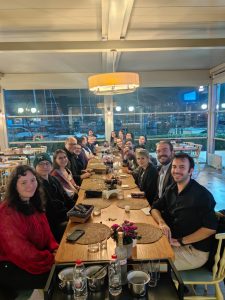
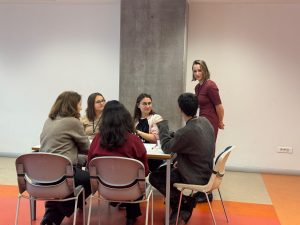
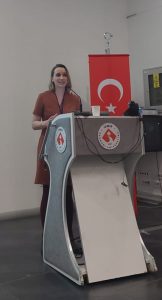
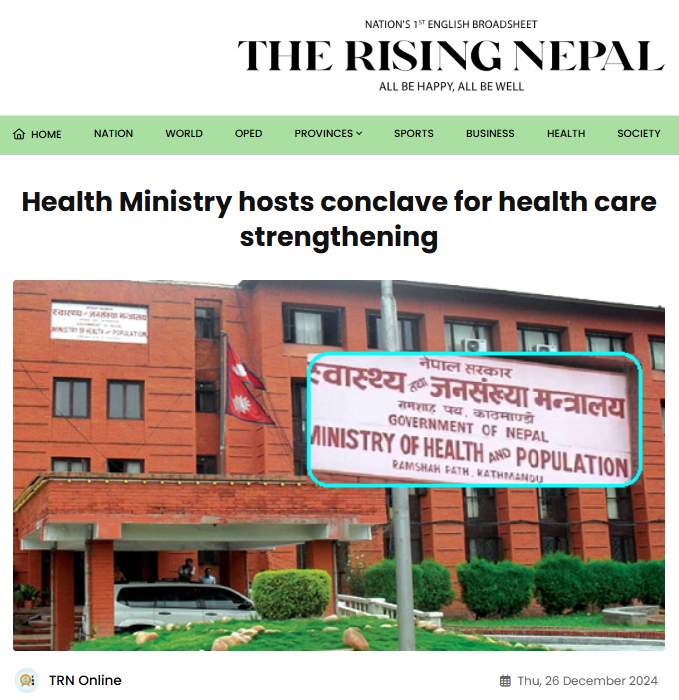
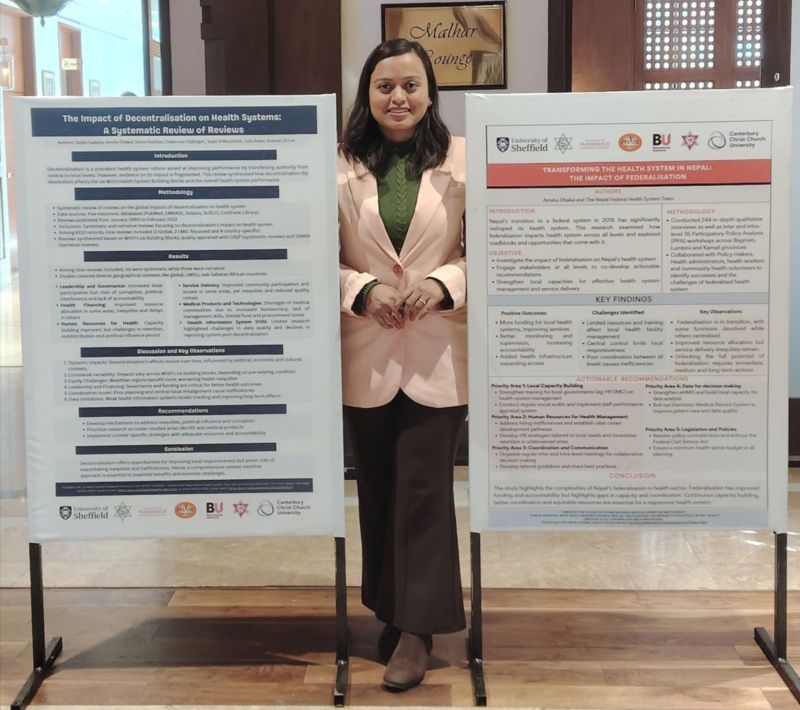

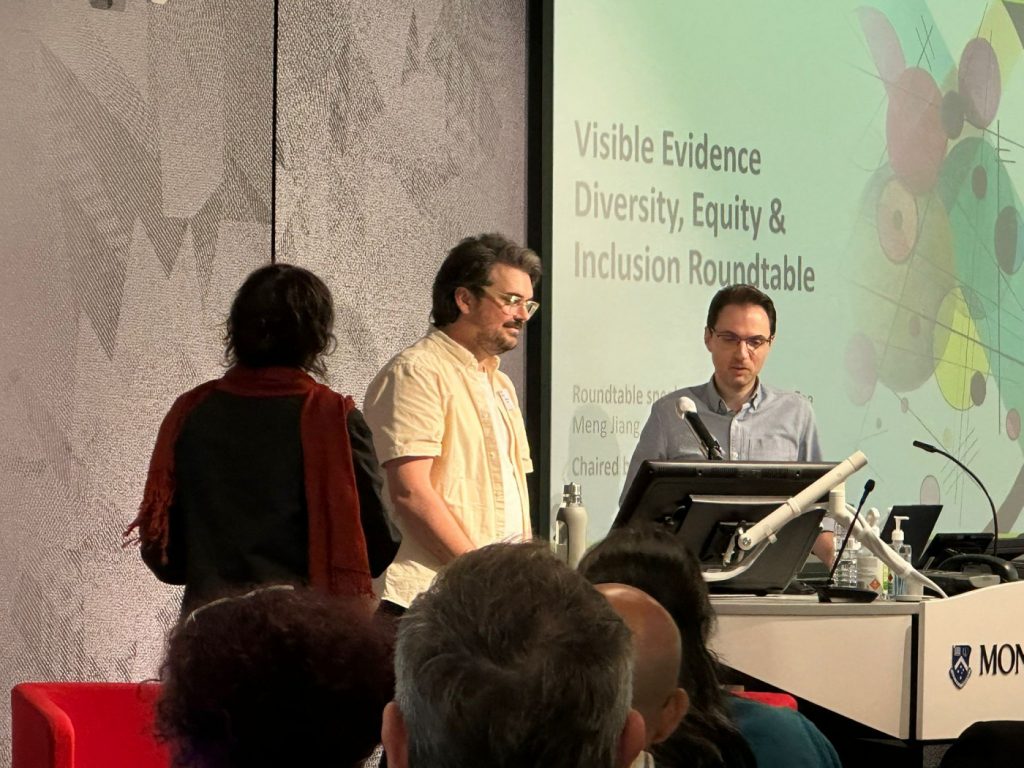
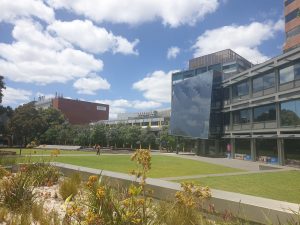
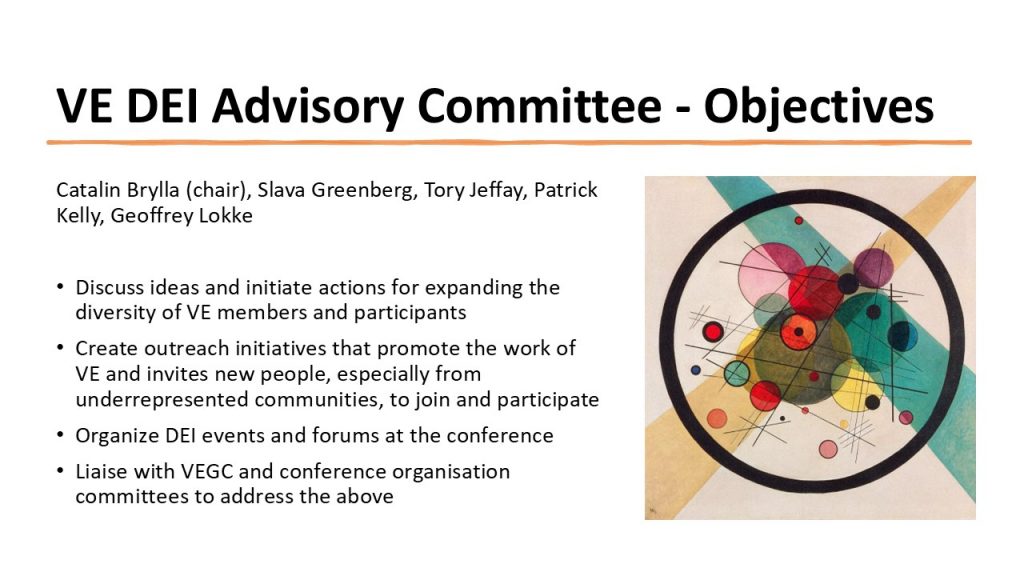
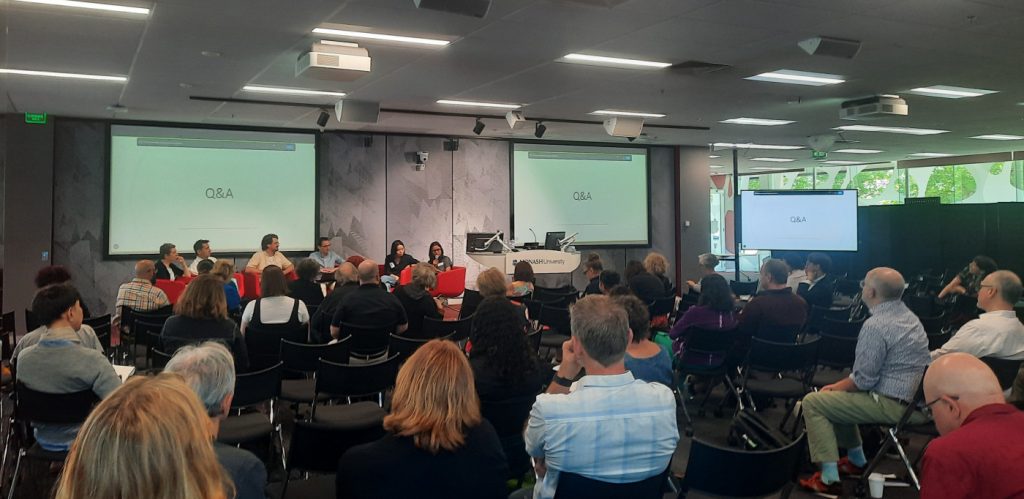
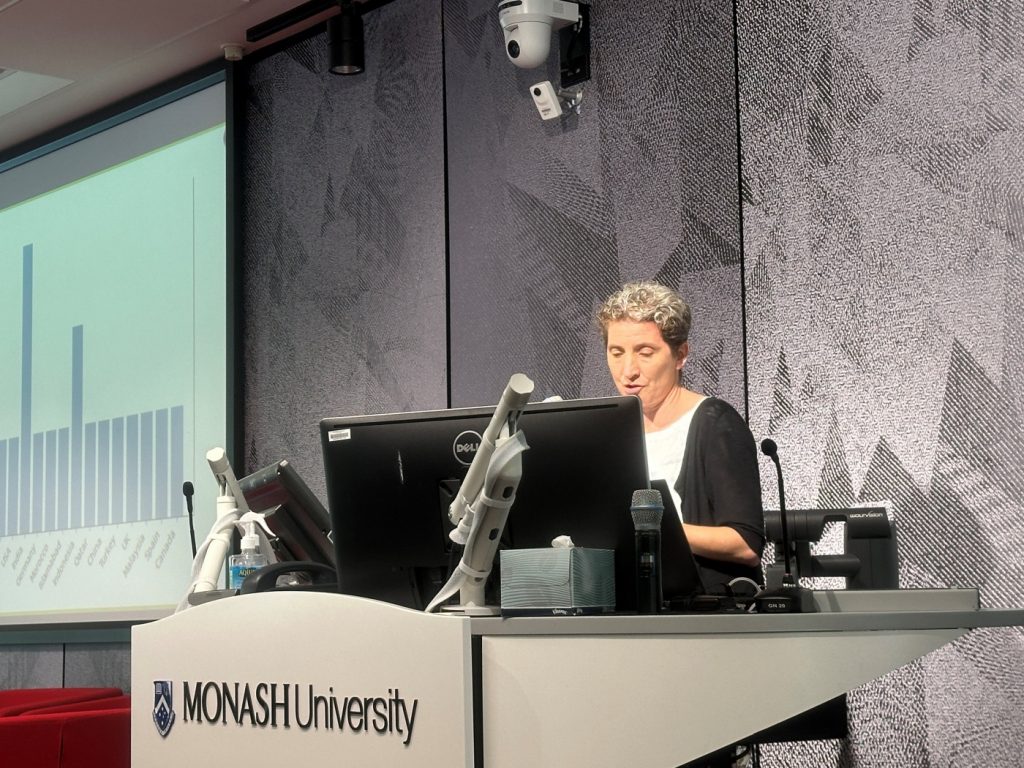
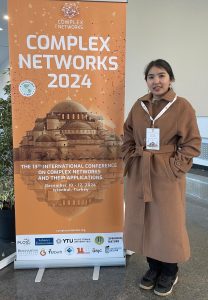
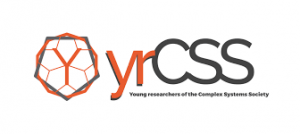

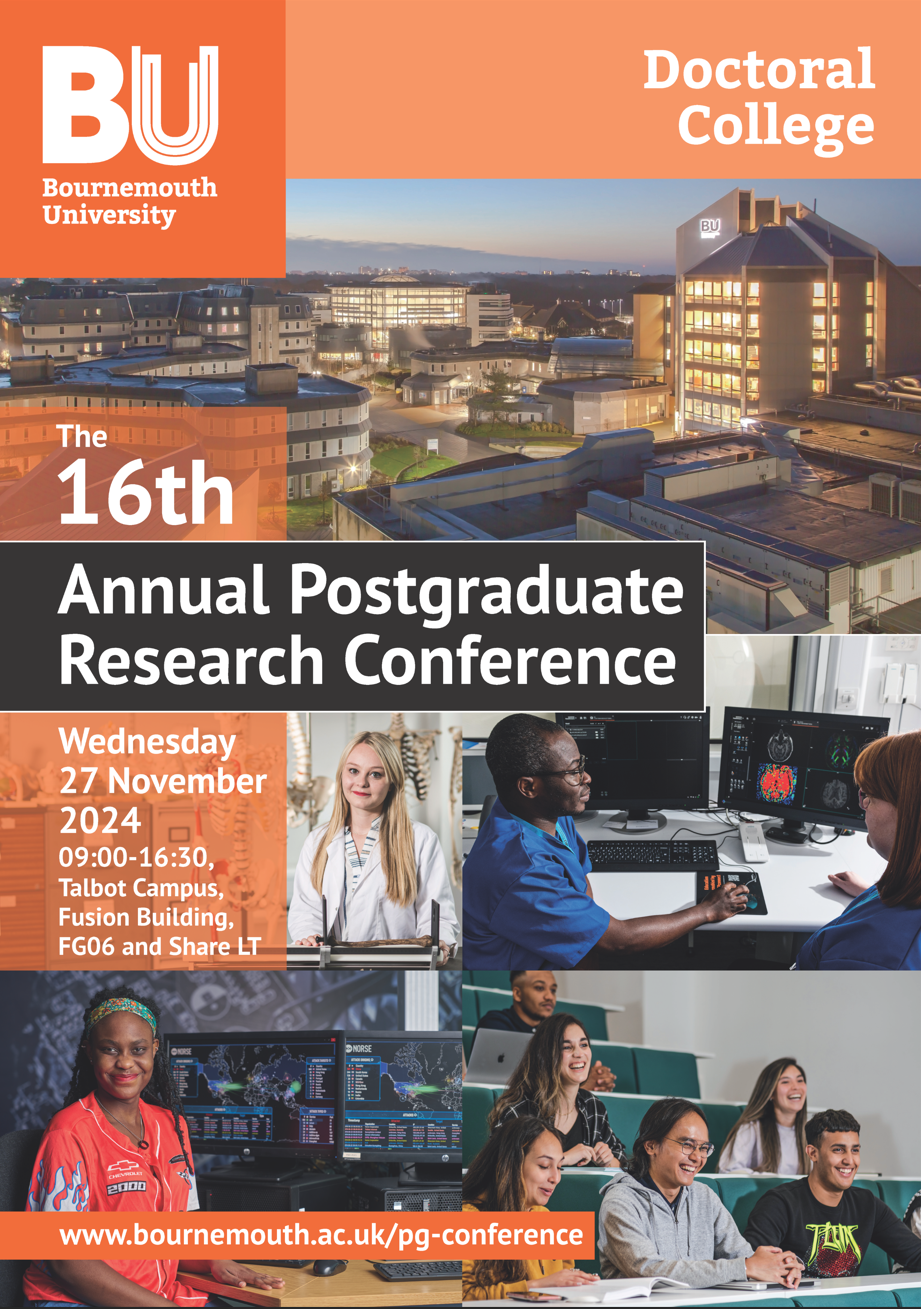

 CyGamBIT is designed to address the cybersecurity skills gap, particularly in SMEs, charities, and educational institutions, and forms part of the pre-spin-out phase of Cyber Innovations Ltd., which is closely linked with BU’s Department of Computing and Informatics.
CyGamBIT is designed to address the cybersecurity skills gap, particularly in SMEs, charities, and educational institutions, and forms part of the pre-spin-out phase of Cyber Innovations Ltd., which is closely linked with BU’s Department of Computing and Informatics. Throughout the event, Innovate UK and the CyberASAP programme were central to the conversation. CyberASAP has played a pivotal role in accelerating CyGamBIT’s development, providing vital support in bringing the project closer to market. Innovate UK’s commitment to fostering innovative solutions has been instrumental in helping Cyber Innovations Ltd. progress from concept to implementation, ensuring the platform’s future in the cybersecurity education landscape.
Throughout the event, Innovate UK and the CyberASAP programme were central to the conversation. CyberASAP has played a pivotal role in accelerating CyGamBIT’s development, providing vital support in bringing the project closer to market. Innovate UK’s commitment to fostering innovative solutions has been instrumental in helping Cyber Innovations Ltd. progress from concept to implementation, ensuring the platform’s future in the cybersecurity education landscape.










 Dr. Ashraf cited on ‘Modest Fashion’ in The Guardian
Dr. Ashraf cited on ‘Modest Fashion’ in The Guardian NIHR-funded research launches website
NIHR-funded research launches website Academics write for newspaper in Nepal
Academics write for newspaper in Nepal New paper published on disability in women & girls
New paper published on disability in women & girls MSCA Postdoctoral Fellowships 2025 Call
MSCA Postdoctoral Fellowships 2025 Call ERC Advanced Grant 2025 Webinar
ERC Advanced Grant 2025 Webinar Horizon Europe Work Programme 2025 Published
Horizon Europe Work Programme 2025 Published Horizon Europe 2025 Work Programme pre-Published
Horizon Europe 2025 Work Programme pre-Published Update on UKRO services
Update on UKRO services European research project exploring use of ‘virtual twins’ to better manage metabolic associated fatty liver disease
European research project exploring use of ‘virtual twins’ to better manage metabolic associated fatty liver disease